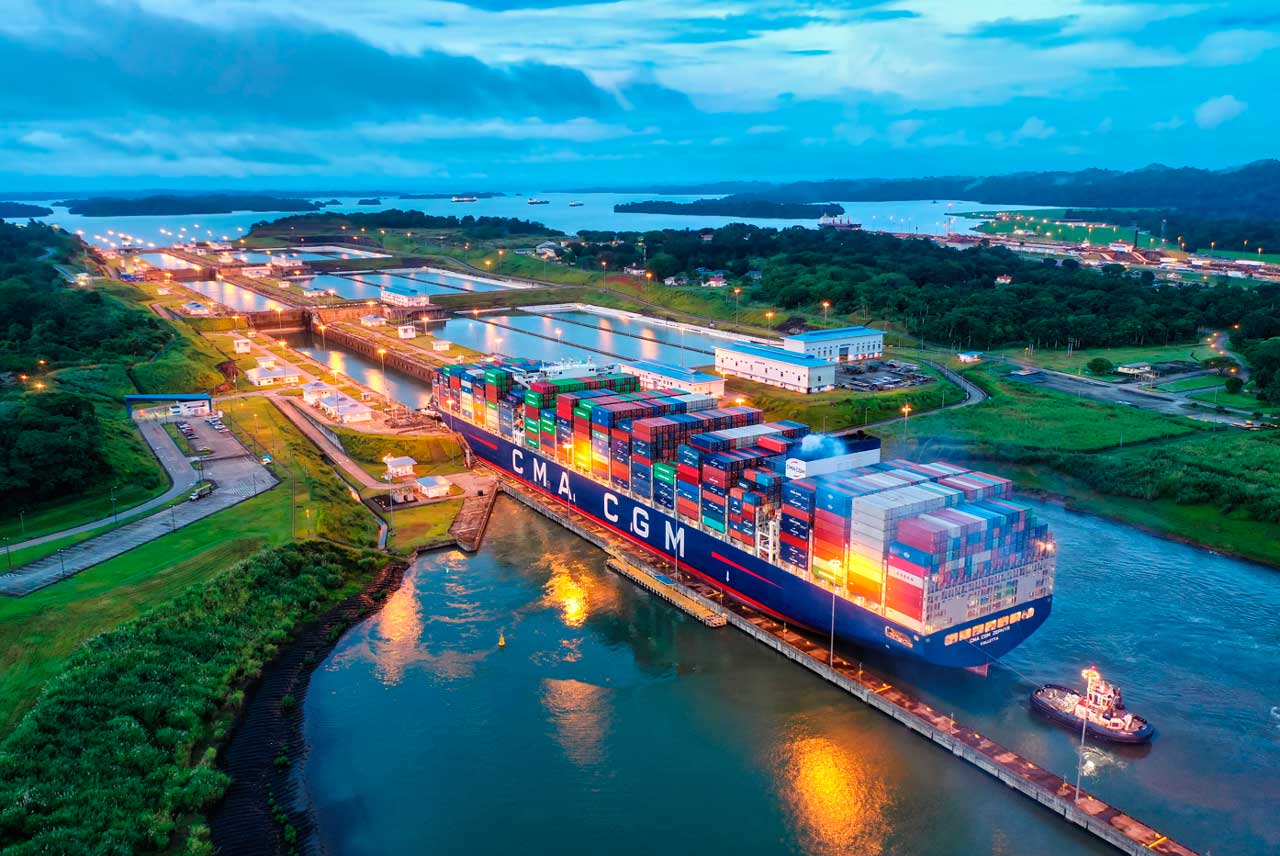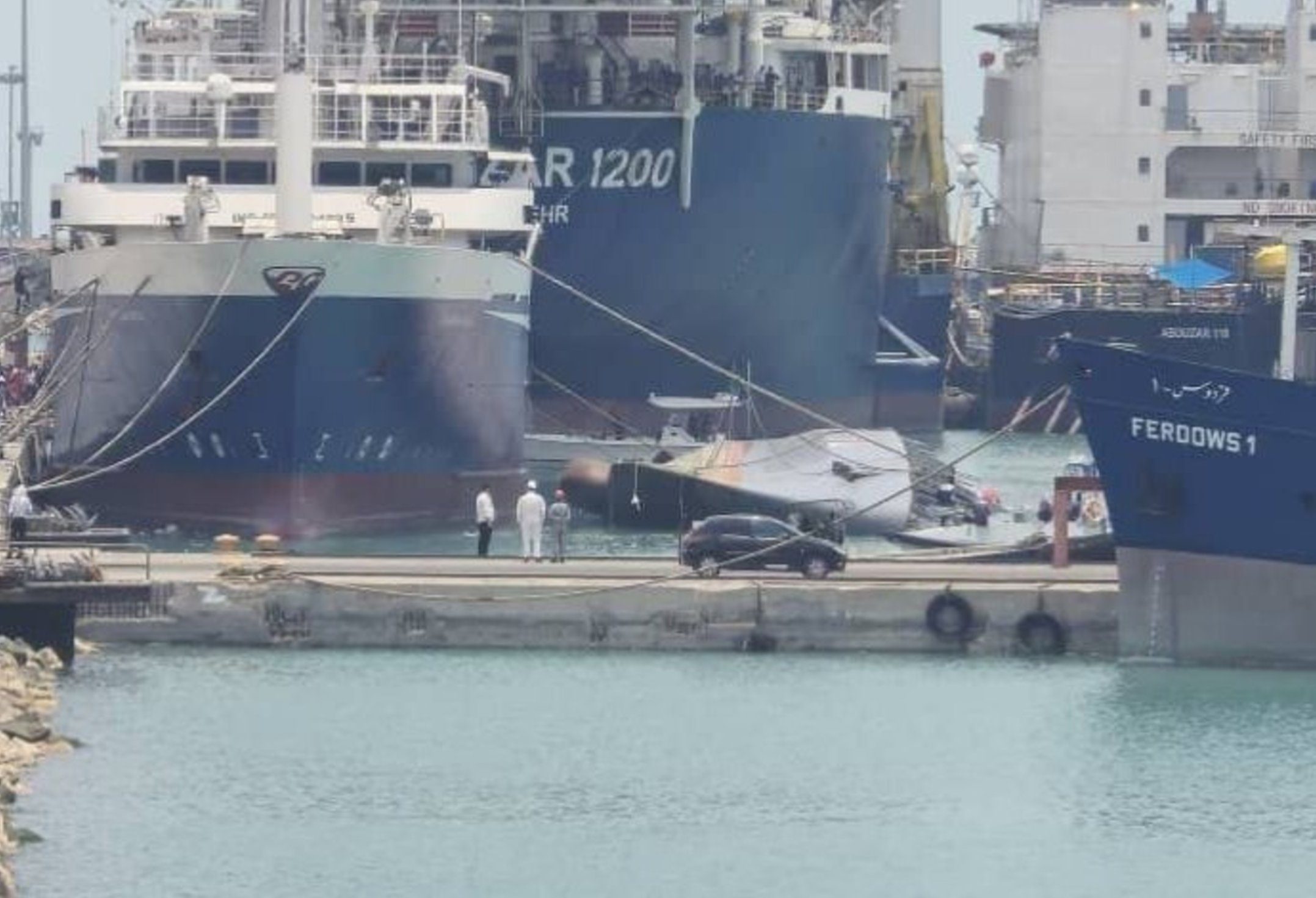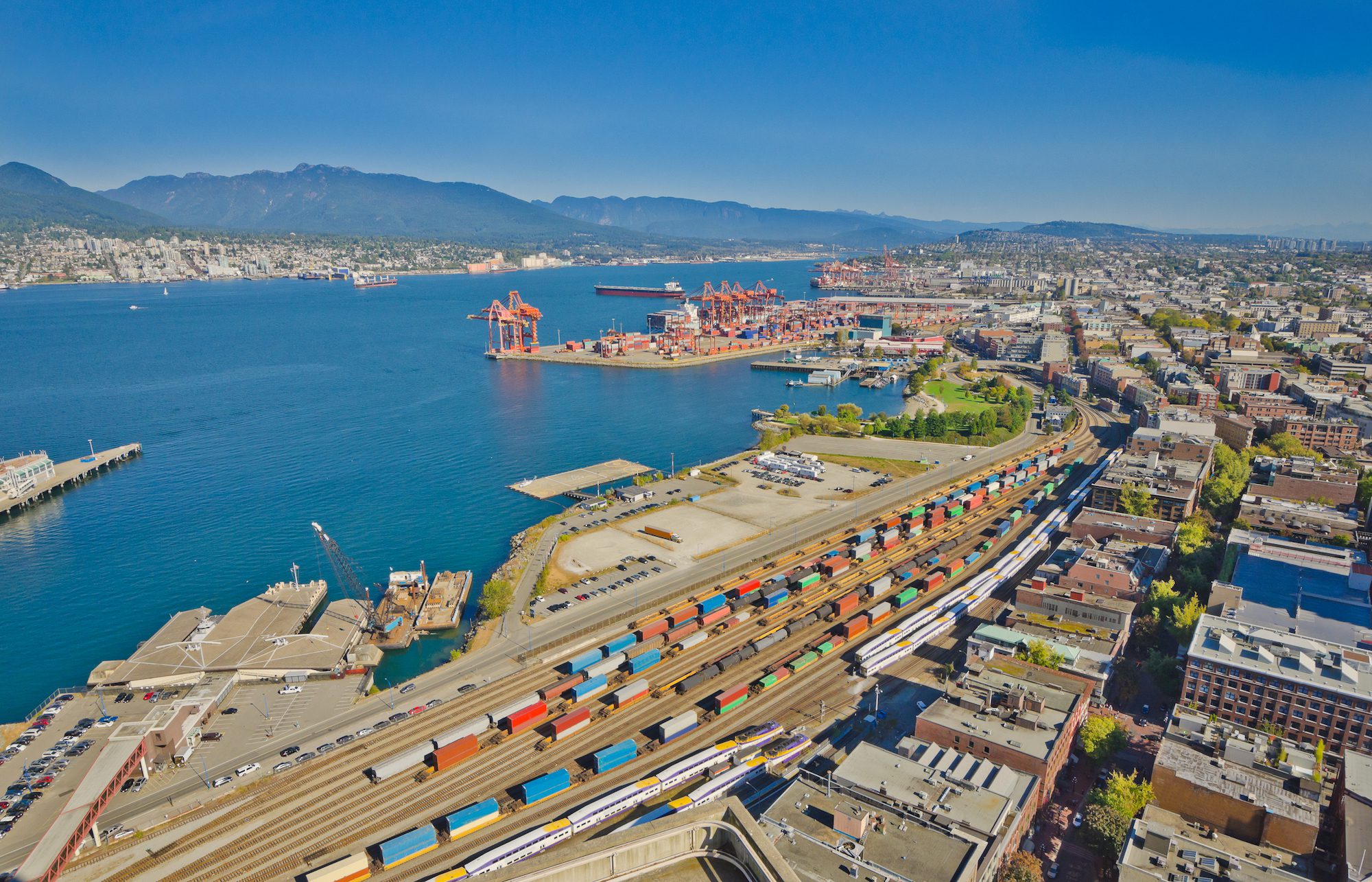Perla Del Caribe, the second of two LNG-fueled containerships being built by General Dynamics NASSCO shipyard in San Diego for TOTE Maritime. Photo: NASSCO
The U.S. shipbuilding and ship repair industry issued a statement Monday slamming ‘shameful’ and ‘unfounded’ claims purporting a causal link between the Jones Act and the loss of the cargo container ship El Faro in Hurricane Joaquin earlier this month.
The strongly-worded statement comes in the wake of critics attempting to blame the tragic loss of the El Faro with its 33 crew members on the Jones Act requirement that ships operating between two U.S. ports be U.S. built, claiming that if operators could purchase less costly foreign ships they would replace their vessels more often and avoid similar tragedies.
The National Review, an ultra-conservative magazine and news website, published a particularly critical article blaming the El Faro tragedy, at least in part, on the Jones Act’s U.S. build requirement, claiming that the legislation has strangled U.S. shipbuilding and made the U.S.-flagged fleet the oldest of any developed nation in the world.
Responding to the claims, Matt Paxton, President of the Shipbuilders’ Council of America (SCA), commented:
“To imply that vessels that do not have to comply with rigorous U.S. safety standards are safer than those that do defies common sense,” said Matt Paxton, President of SCA. “To try and connect a law that works to protect our economic and national security to this tragedy, particularly during a period when our industry family is mourning such a loss is not only incorrect, but shameful.”
The truth is, the SCA says, is that the United States leads the world in shipbuilding advancements, compared to the common designed and not highly specialized vessels built abroad. The vessels that operate between U.S. ports are built for the unique domestic trades and operate safely, efficiently, and environmentally, and are subject to rigorous safety regulations whereas foreign vessels would not be required to comport, the statement said.
During his address at the Surface Navy Association’s National Symposium this past January, U.S. Coast Guard Commandant Admiral Paul Zukunft warned of the dangers of allowing foreign flag ships in coastwise trade.
“I think, at the end of the day, it will put our entire U.S. fleet in jeopardy. And then in a time of crisis, who are we going to charter to carry our logistics? Very difficult if we don’t have a U.S.-flagged ship,” said Adm. Paul Zukunft, Commandant of U.S. Coast Guard.
In regards to the recent tragedy of El Faro, SCA says it will not comment on the incident given that there is an ongoing investigation pending, and because the matter does not pertain to U.S. shipbuilders. But it is worth noting that despite some of the uninformed statements being touted by critics, the shipyard and ship repair industry remains one of the strongest and innovative industries in the world, the SCA says.
Unlock Exclusive Insights Today!
Join the gCaptain Club for curated content, insider opinions, and vibrant community discussions.

 Join The Club
Join The Club













